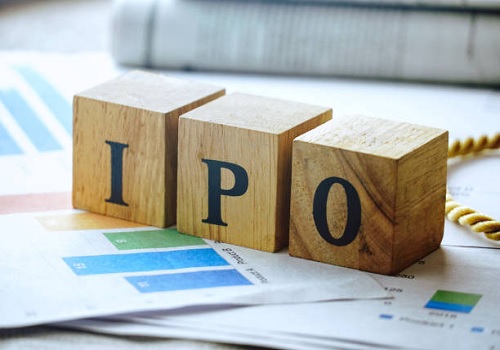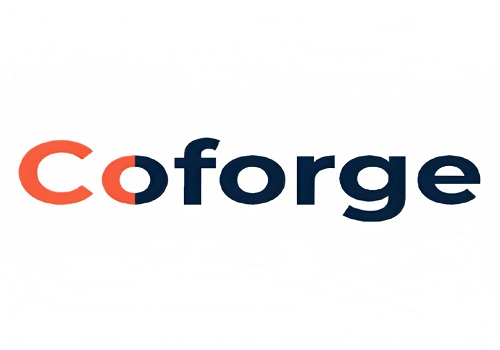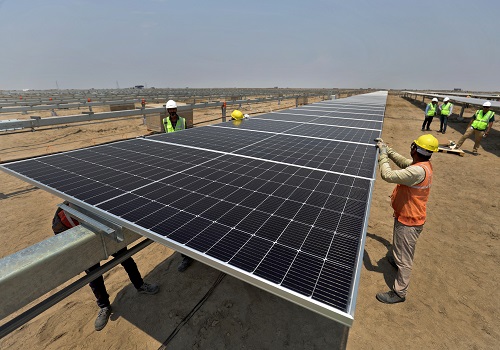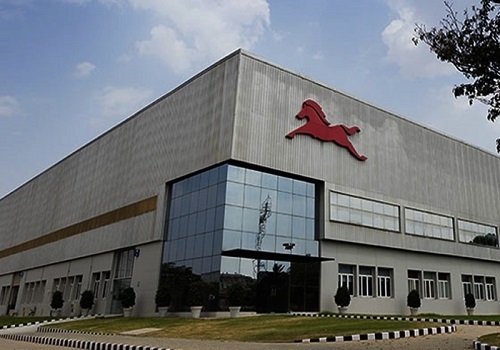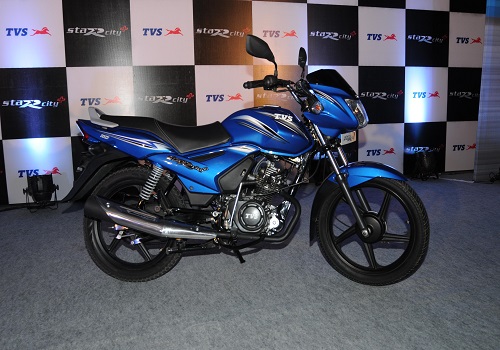Automobiles Sector Update : Entry barriers lowered for global EV PVs By Elara Capital
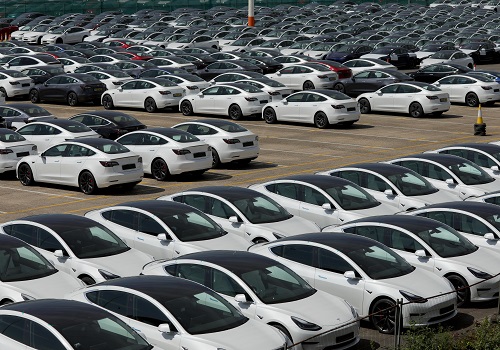
Follow us Now on Telegram ! Get daily 10 - 12 important updates on Business, Finance and Investment. Join our Telegram Channel
Entry barriers lowered for global EV PVs
Favorable policy for domestic EV ecosystem development
To attract investments from global EV manufacturers and promote Make in India for e-vehicles, the government has formulated a new policy for EV 4Ws. This is a step in the right direction to develop the EV ecosystem in India. We believe, some EV players who could leverage this policy to enter India are Tesla and Vinfast; more so for Tesla given its product portfolio pricing.
Lower EV custom duty at 15% applicable if OEMs invest USD 500mn
New EV manufacturing policy defines the minimum investment at INR 41.5bn (∼USD 500mn) for making e-4W, with manufacturing to commence within three years of receiving approval. Further, OEMs must achieve domestic value addition (DVA, localization level) of 25% by the third year and 50% by the fifth year.
Doors open for Tesla to make in India
If Tesla were to enter India with this policy, given its strong brand pull, it would likely accelerate passenger vehicle EV adoption in the country. Tesla, in its Q4CY23 conference call, had mentioned finalizing another manufacturing location by the end of this year and now India is a serious option for the company. The expected new model of Tesla, touted to be called Model 2 (USD 25,000 or ~INR 2.0mn), is to be launched globally in H2CY25. Tesla could import Model X, S, Y and Model 3 initially under the subsidized import duty scheme and produce Model 2 in India, possibly exported from India as well.
China plus one at play…
With the impending threat of trade wars with China, global OEMs are seeking China+1 strategies to make EVs. And India will be a serious alternative as a potential export hub in the future. Just as a reference point, Tesla’s China (Shanghai) factory exports 37% of the total Tesla China production (~344k units exported of 931k produced in CY23, per media reports).
Formidable competition for domestic EV OEMs eventually
Indian EV OEMs such as M&M and Tata Motors are likely to see credible competition from mass market models of Tesla, which may be manufactured in India. This could keep the EV business multiples of Indian EV OEMs under check (currently, EV subsidiaries of TTMT and M&M form ~5-15% of the SoTP value of TPs, per our calculations). The real competition is likely only if and when domestic manufacturing starts in India, as the import volumes of 8k units per annum are not meaningful enough to pose any threat.
Evolution of India auto ancillary ecosystem
From within our Auto coverage universe, some key component manufacturers that may benefit are Sona BLW Forgings and Samvardhana Motherson International (SAMIL), which are already suppliers to global EV makers. In the likelihood that some share of China EV manufacturing shifts to India, these suppliers stand to benefit, as China production encourages sourcing from China suppliers only.
This also gives an opportunity to domestic PV component suppliers to get exposure to global EV players for powertrain neutral components such as Uno Minda. Currently, Indian listed auto component players have limited capability of producing EV-specific PV components
Please refer disclaimer at Report
SEBI Registration number is INH000000933


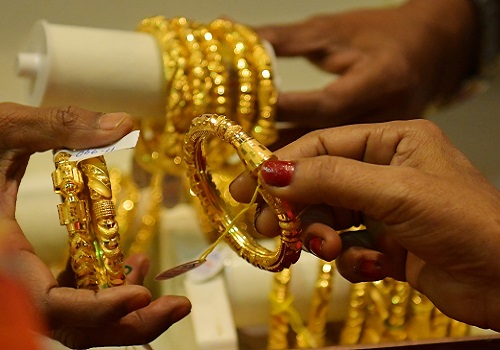

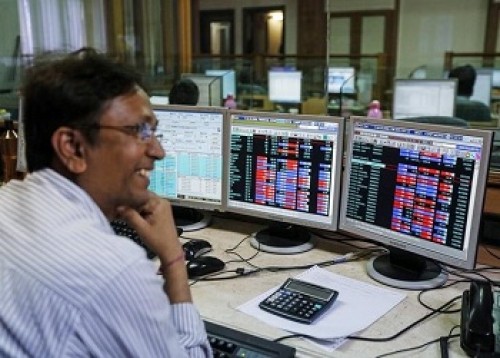


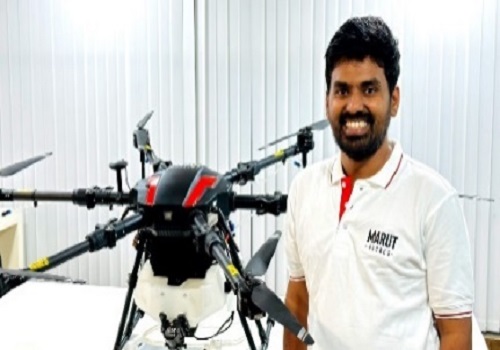


Tag News
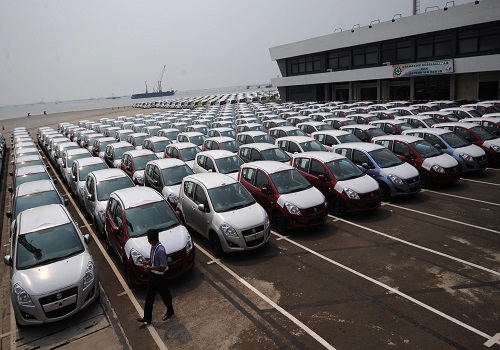
Automobiles Sector Update : Moderate growth for PVs in Nov`24 despite a high base by Motilal...
More News
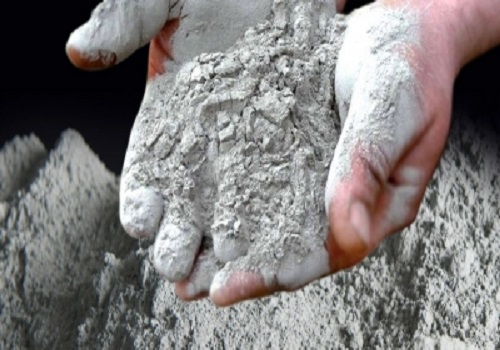
Cement Sector Update : The industry is likely to witness nearly 65-70mt of cement capacity a...

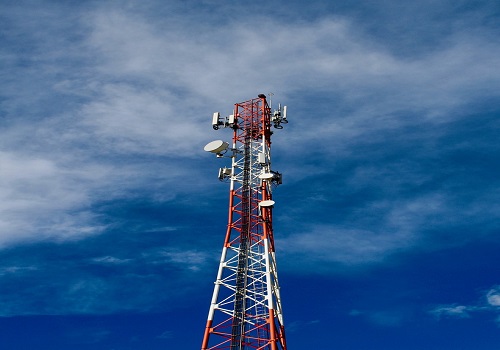



 320-x-100_uti_gold.jpg" alt="Advertisement">
320-x-100_uti_gold.jpg" alt="Advertisement">

